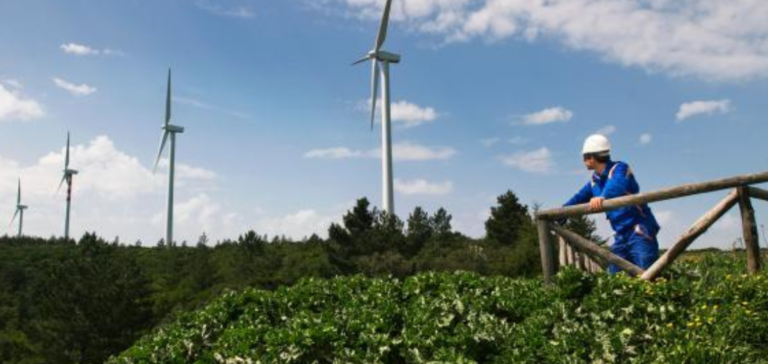Against a backdrop of climate urgency, the European Commission has taken a significant step forward by approving a major Italian project worth 5.7 billion euros, aimed at supporting the production and self-consumption of renewable electricity. This initiative, partly financed by the Recovery and Resilience Plan (‘RRF’), is fully in line with the strategic objectives of the European Green Pact.
Objectives and scope of the Support Plan
The Italian plan will benefit from a partial contribution from the RRF, following the positive assessment of Italy’s recovery and resilience plan by the Commission and its adoption by the Council. The portion funded by the RRF will run until December 31, 2025, while the remainder of the program will run until December 31, 2027.
Support for Small Facilities and Infrastructure Expansion
The main aim of this scheme is to support the establishment of new renewable energy production facilities and the expansion of existing infrastructures. Beneficiaries will mainly be small-scale projects, with a maximum capacity of 1MW. Access to the program will be on a first-come, first-served basis.
Details of Assistance Measures and Financing Arrangements
The program comprises two distinct support measures. The first, with a total budget of 3.5 billion euros, consists of premium pricing on the amount of electricity consumed by self-consumers and renewable energy communities. The second measure is an investment subsidy of up to 40% of eligible costs, for a total budget of 2.2 billion euros, financed via the RRF.
Evaluation by the Commission and Conformity to EU Standards
The Commission has assessed this scheme in accordance with EU rules on state aid, notably article 107 (3)(c) of the Treaty on the Functioning of the European Union (‘TFEU’). She concluded that the program facilitates the development of certain economic activities, in particular the production of renewable electricity. What’s more, the measure is deemed necessary and appropriate if Italy is to achieve its European and national environmental objectives.
The program has an incentive effect, as the renewable installations supported would not be financially viable without this public support. The aid has positive effects, particularly on the environment, in line with the European Green Pact, and these benefits outweigh any possible negative effects in terms of distortion of competition. This scheme represents a crucial step towards achieving the objectives of the European Green Pact, and underlines the growing importance of climate protection. Thanks to this support, energy communities will be able to access renewable energies at lower cost, while promoting energy efficiency and controlling their energy bills.
The 5.7 billion euro plan approved by the EU for Italy marks a significant step forward in the energy transition and the achievement of environmental objectives. By supporting small installations and energy communities, this program highlights the importance of citizen involvement and active participation in the transition to green energy.






















